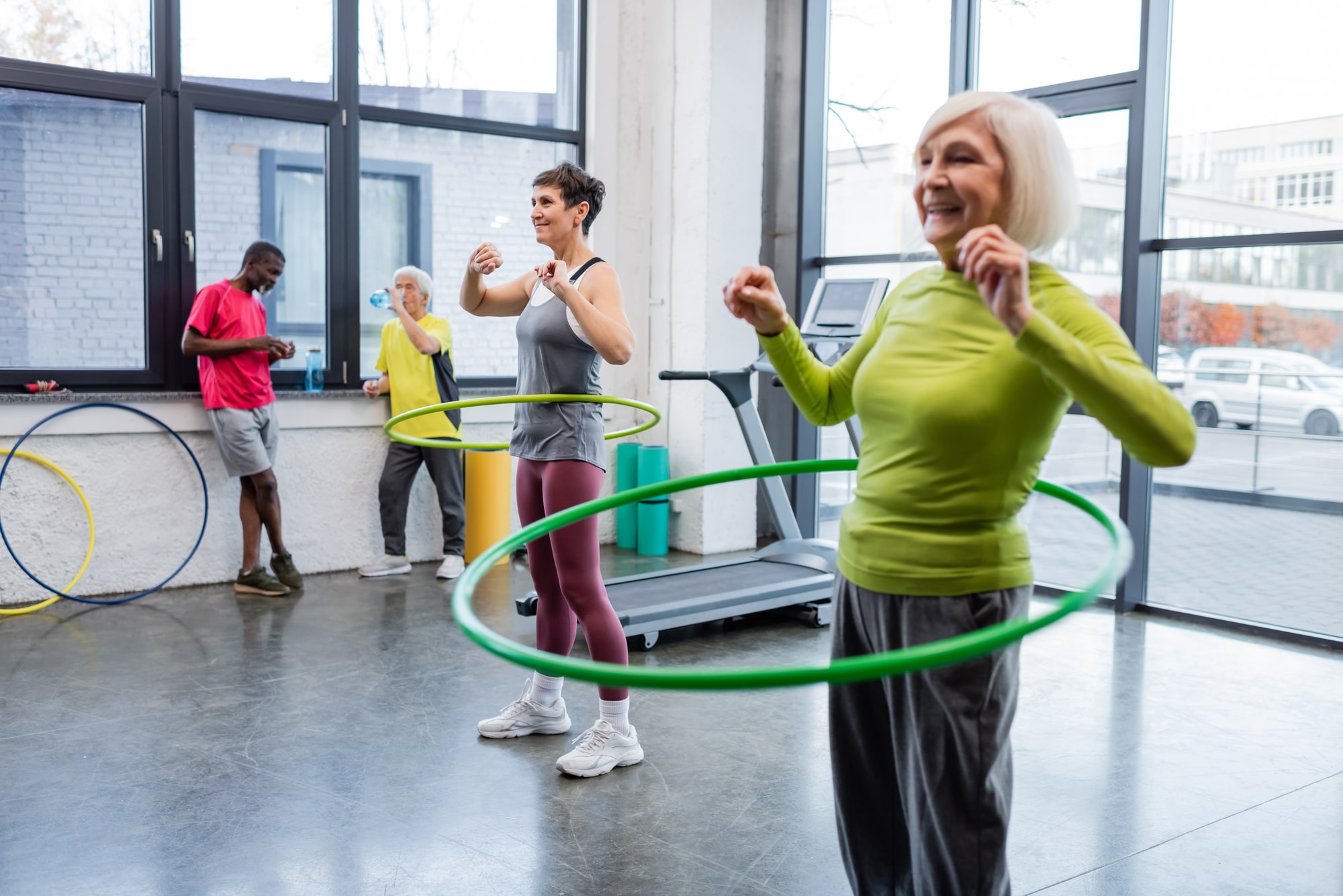10 Surprising Brain Health Secrets From Super Agers

Aging doesn’t have to mean a decline in brainpower. In fact, some people, known as super agers, maintain sharp cognitive abilities well into their 70s, 80s, and beyond. So, what’s their secret?
These extraordinary individuals follow key habits that keep their minds active and resilient.
Here are 10 powerful tips inspired by the lifestyles of super agers to help you protect and even improve your brain health as you grow older.
1. Stay Physically Active

Photo Credit: Shutterstock
Regular exercise isn’t just for the body; it’s a brain booster too. Super agers often engage in popular cardio workouts, which increase blood flow to the brain and support cognitive function.
Physical activity helps reduce brain shrinkage and boosts the production of brain-derived neurotrophic factor (BDNF), a protein crucial for memory and learning.
2. Challenge Your Brain Regularly

Photo Credit: Depositphotos
Keeping your mind engaged with new and challenging activities is a hallmark of super agers. Activities like learning a new language, playing an instrument, or doing puzzles create new neural connections.
This consistent mental stimulation helps maintain cognitive reserve, slowing down age-related cognitive decline.
3. Stay Socially Connected

Photo Credit: Shutterstock
Super agers prioritize meaningful social interactions. Strong social connections have been linked to lower rates of dementia and cognitive decline because engaging in conversation and group activities stimulates multiple areas of the brain.
Prioritizing time with friends and family or joining community groups can protect against isolation and boost brain health.
4. Practice Mindfulness and Meditation

Photo Credit: Shutterstock
Meditation and mindfulness practices help reduce stress and promote brain plasticity. Super agers often have daily practices that enhance focus and lower levels of cortisol, the stress hormone that can negatively affect brain function.
Mindfulness has also been shown to increase the thickness of the prefrontal cortex, which is essential for memory and decision-making.
5. Get Quality Sleep

Photo Credit: Shutterstock
Super agers emphasize the importance of quality rest for brain recovery. During deep sleep, the brain clears toxins, consolidates memories, and repairs cells.
Establishing a consistent bedtime routine and minimizing screen time before bed can improve sleep quality and support cognitive function. These are the best tips for getting better sleep at night!
6. Embrace a Nutrient-Rich Diet

Photo Credit: Shutterstock
What you eat affects your brain health. Super agers often follow Mediterranean-style diets rich in fruits, vegetables, whole grains, healthy fats, and lean proteins.
Omega-3 fatty acids, antioxidants, and anti-inflammatory foods help preserve brain cells and improve overall mental clarity. These are the best healthy fats to incorporate into your diet.
7. Learn to Manage Stress Effectively

Photo Credit: Shutterstock
Chronic stress can damage brain cells and impair memory. Super agers practice stress management techniques, like yoga, breathing exercises, or spending time in nature, to keep stress levels in check.
Reducing stress helps protect the hippocampus, the area of the brain associated with learning and memory.
8. Cultivate a Sense of Purpose

Photo Credit: Shutterstock
Having a reason to get up every morning boosts mental and emotional well-being. Super agers are often involved in activities that give their life meaning, such as volunteering, mentoring, or pursuing hobbies.
A strong sense of purpose can stimulate the brain and reduce the risk of cognitive decline.
9. Stay Curious and Keep Learning

Photo Credit: Depositphotos
Super agers maintain a lifelong love of learning. Curiosity drives them to explore new subjects, hobbies, or adventures, keeping their brains engaged and adaptable.
This habit not only reinforces existing neural pathways but also fosters new ones, which can delay cognitive aging.
10. Laugh Often and Stay Positive

Photo Credit: Shutterstock
A good sense of humor and a positive outlook contribute to brain health. Super agers embrace joy and practice gratitude, which have been shown to release dopamine and serotonin, two neurotransmitters that enhance mood and cognitive function.
Laughter also reduces stress and keeps the mind agile.
